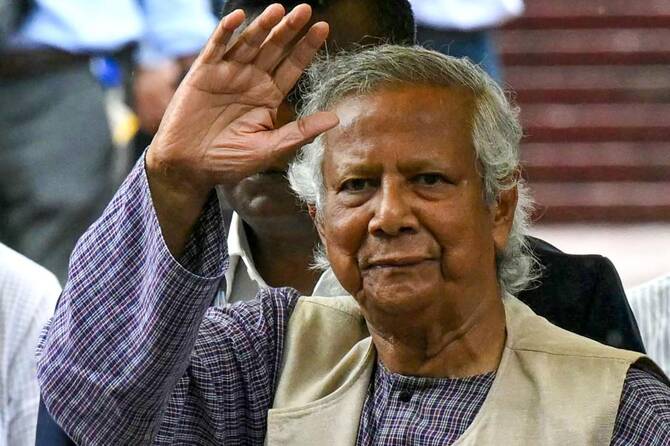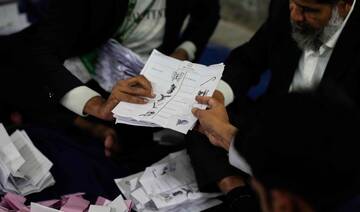LONDON: US lawmakers risk exposure to war crimes allegations amid Israeli Prime Minister Benjamin Netanyahu’s appearance before a joint Congress session on July 24, Human Rights Watch said on Tuesday.
Netanyahu’s visit “highlights the continued and significant US supply of weapons to Israel’s military despite credible allegations of ongoing war crimes in Gaza,” HRW added.
Late last year, the Biden administration increased the threshold for delivering weapons exports to foreign countries, in an apparent attempt to reduce the likelihood of international law violations.
Washington is also mandated by domestic laws to carry out a risk assessment before providing arms exports.
But despite HRW and Oxfam warning in March that Israeli assurances to the US over the legal requirements were “not credible,” the Biden administration reported to Congress in May that Tel Aviv was “complying” with the new US threshold and domestic laws.
Tirana Hassan, HRW’s executive director, said: “US officials are well aware of the mounting evidence that Israeli forces have committed war crimes in Gaza, including most likely with US weapons.
“US lawmakers should be seriously concerned about the liability risks of continuing to provide arms and intelligence based on Israel’s flimsy assurances that it’s abiding by the laws of war.”
HRW and Oxfam filed a dossier to the US State Department that highlighted Israel’s numerous violations of international law in Gaza.
The Israel Defense Forces have “unlawfully attacked residential buildings, medical facilities and aid workers, restricted medical evacuations and used starvation as a weapon of war,” HRW said.
“Israeli authorities have detained and mistreated thousands of Palestinians, with persistent reports of torture.
“In the occupied West Bank, where Israeli forces have killed over 500 Palestinians since Oct. 7, settlers and soldiers have displaced entire Palestinian communities, destroying every home, with the apparent backing of higher Israeli authorities and effectively confiscating Palestinians’ lands.”
US weapons have been used by Israeli forces throughout the period, HRW warned, citing reports by CNN, National Public Radio, the New York Times and Agence France-Presse.
Under international law, a state assisting another state or non-state actor can be complicit in war crimes if prior knowledge and contribution to the partner’s intentions is found. Individuals can also be prosecuted under this guideline.
HRW called on the US and other weapons suppliers to immediately suspend military assistance to Israel.
By using its leverage, including through targeted sanctions, the Biden administration can “save lives,” the organization added.
















